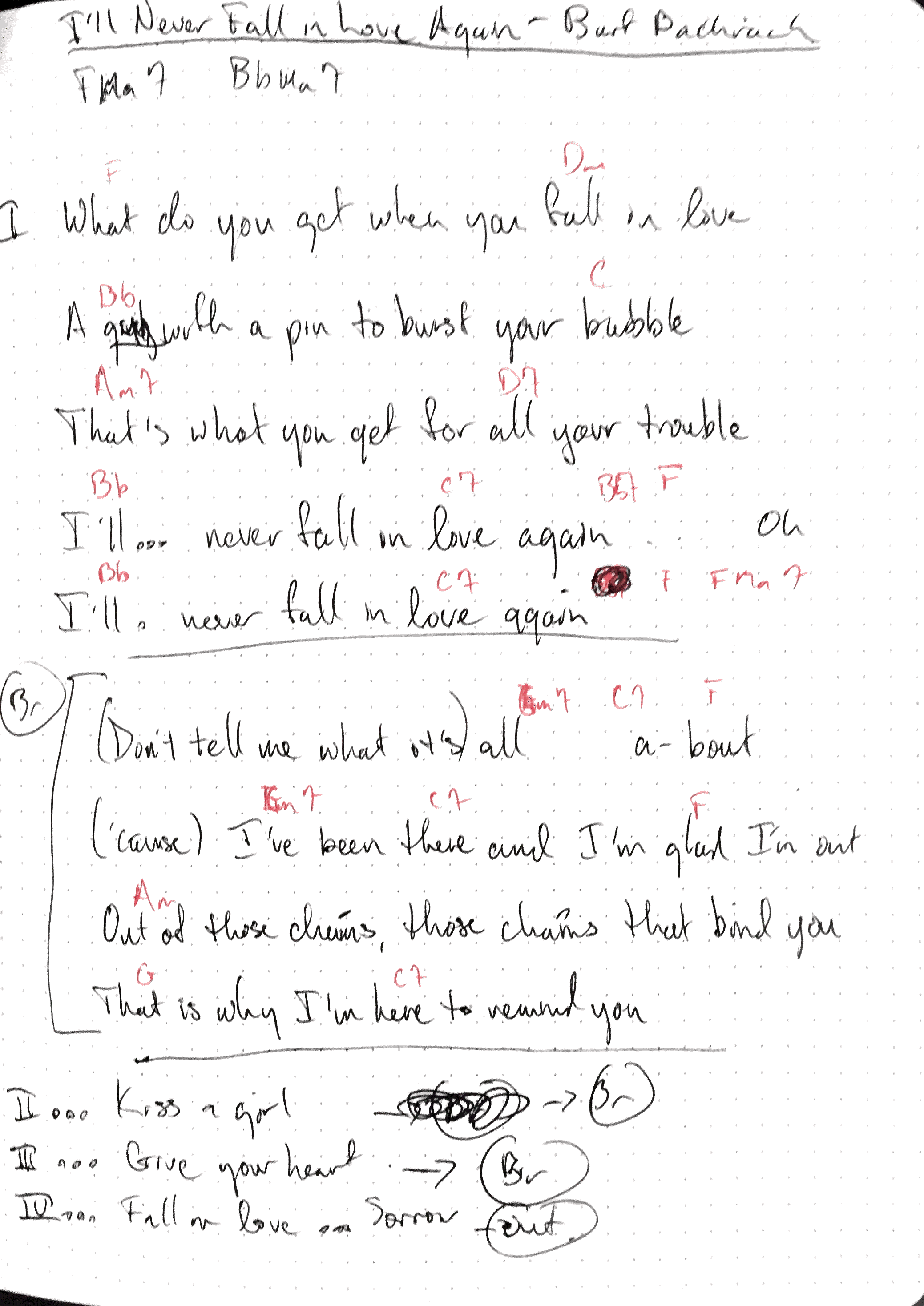During the angriest stand-up meeting I have ever attended yesterday, Me and another teammate were criticized for not provided needed information. The tone of the criticism was in the nature of an attack.
Our verbal assailant said he asked for information from us and never got it. He had made an inquiry asking for versions and saying he didn't have context for what was in the latest releases of a couple of packages. We replied indicating he was to use the latest ones. They're packages of seed data... you just want the latest.
He said with far too much emphasis, "No Franco you don't understand the context." I thought I understood the context pretty well, I explained. We thought he needed to know what version numbers to use and replied to say which ones. But he wanted details on their contents and, so, wasn't satisfied with our answer and didn't reply to say so.
So who is to blame? Are we expected to be mind readers?
Apparently, so. To hear him speak, you would believe it was my responsibility to recognize his context. Those of you who believe leadership requires listening and empathy might note that requiring someone else to accept your context as the only primary and valid context qualifies as neither listening nor empathy.
I was told I was "wrong" in very blunt terms. He said the relevant context was that he is busy and doesn't have time to reply to everything. That the deployment was just one of many things he had to do today. He finished with admonishing tone to drive home the fact that I have been corrected: THAT is the context.
Okay... his context was that it was taking longer than he wanted. It wasn't that he needed data or clarification. And our context was wrong and didn't matter.
Incidentally, "wrong" was a word that was tossed around carelessly during this meeting.
The Story
And I think I see the narrative unfolding before me:
Here he is... martyr for the team. Giving up his entire day of productivity so that he can do a deploy, which he does not relish doing.
Not for his own sake but for the sake of the team.
This is something we should all be working to support. It feels like there isn't enough support. He resents having to ask for support at all.
Everything should all be solved and working already. There shouldn't be surprises.
So when he barks at us, during this meeting he is justified because it is for the sake of the team.
That's a story. It's one story. And there are other possible stories, but this is the one that he seems to have been acting upon. He can be a paragon of objective rationality, but on the basis of some story, here he was lashing out at his own team members.
Rendering Judgment
As it happens, I was writing up a feedback request for a promotion considering for him just before the meeting. After the meeting ended, I wiped out it's contents and merely noted that I decline to comment.
My assessment of him had shifted too much toward the negative far too suddenly for me to give an objective one. Even now I feel very unobjective. This situation has been really challenging for me to detach from.
I said nothing... I would have to laugh in my own face if I wrote down all of his virtues in this moment. And I would feel unjust if I only said negative things, which are the only things I can think about when I consider him.
If I take a step back, here's what I notice. His actions and attitude yesterday were toxic. They were not in the spirit of cooperation with our team. There were in the spirit of resentful and entitled sacrifice: taking one for the team. In the process he attacked nearly everyone. And this ranks very highly in terms of important data for rendering judgment on a person.
Our team doesn't need sacrifices. We don't need ego-driven entitlement. We need calm and collected evolution toward supportability that we can only achieve together.
So what am I to say when asked if this person has demonstrated the qualities to move him into a position of greater authority and more leadership? He has a lot of work to do to achieve detachment so that he can act from the better part of his nature even when the situation is frustrating and difficult. That part exists and is beautiful and I'm sad to see it set was set aside yesterday for the crap performance that I actually witnessed.




